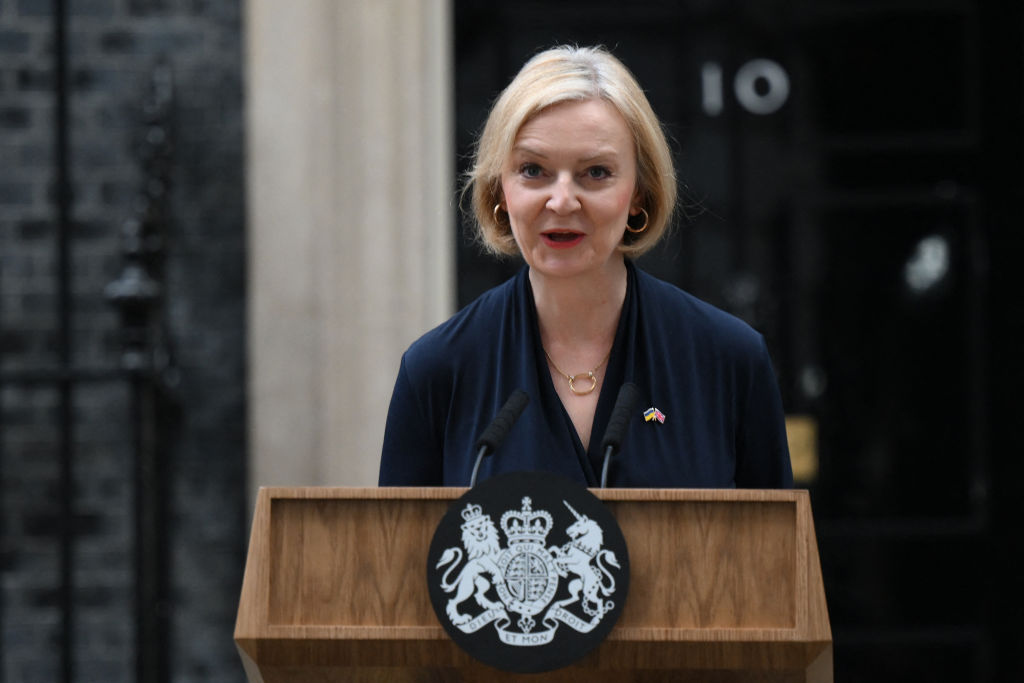London, England
Nobody in British politics really thought things could get worse than last night. Conservative MP Charles Walker told the BBC that the day was a “pitiful reflection” of the party; he added that there was “no coming back from it.”
Seasoned political editors described Wednesday as the most catastrophic day of their careers. The government victory on fracking — with 326 votes opposing the Labour motion to 230 backing it — was tarnished by claims of intimidation and bullying in the House of Commons. The home secretary, Suella Braverman was fired for sending official documents from her personal phone, something which is likely now a relief for her. Two other figures were said to have quit, but remained in their posts when questioned twelve hours later.
This was just the start. As more and more Conservative MPs called for Liz Truss to stand down after losing confidence, it finally happened. In an official statement minutes ago, Truss told the British public that she was resigning as prime minister, a mere forty-four days since she met with the Queen at Balmoral and was asked to form a government. This makes her the shortest serving PM in British history.
The rot began after Chancellor Kwasi Kwarteng released plans for the mini-budget, an attempt to jumpstart the British economy, which included £45 billion in unfunded tax cuts over five years. This was the first test of what’s been dubbed “Trussonomics” in the UK. Global markets responded by selling off British-backed assets: following the budget, the British pound fell to its lowest ever level against the US dollar. Kwarteng was fired three weeks later, with Jeremy Hunt appointed in his place.
Kwarteng, a close Truss ally, had been appointed to the role only thirty-eight days before, making him the second-shortest serving chancellor after Iain Macleod, who died a month after being handed the job by Edward Heath.
As the UK, once again, descends into political chaos, there are calls by Labour and the Liberal Democrats for a general election. Both parties claim that the Conservative Party no longer has a mandate from the British people. Truss claimed there will be a Tory leadership election “to be completed within the next week,” adding that she will remain as prime minister until a successor has been chosen.
Who will succeed her? Well, one Tory MP claimed that Boris Johnson should return, as he is the only one with a mandate, adding that “it’ll look better than having three different PMs.” Others are pushing Rishi Sunak, Boris’s chancellor who came runner-up to Truss in the last leadership election, believing that he is the only candidate that can sort out the economy.

























